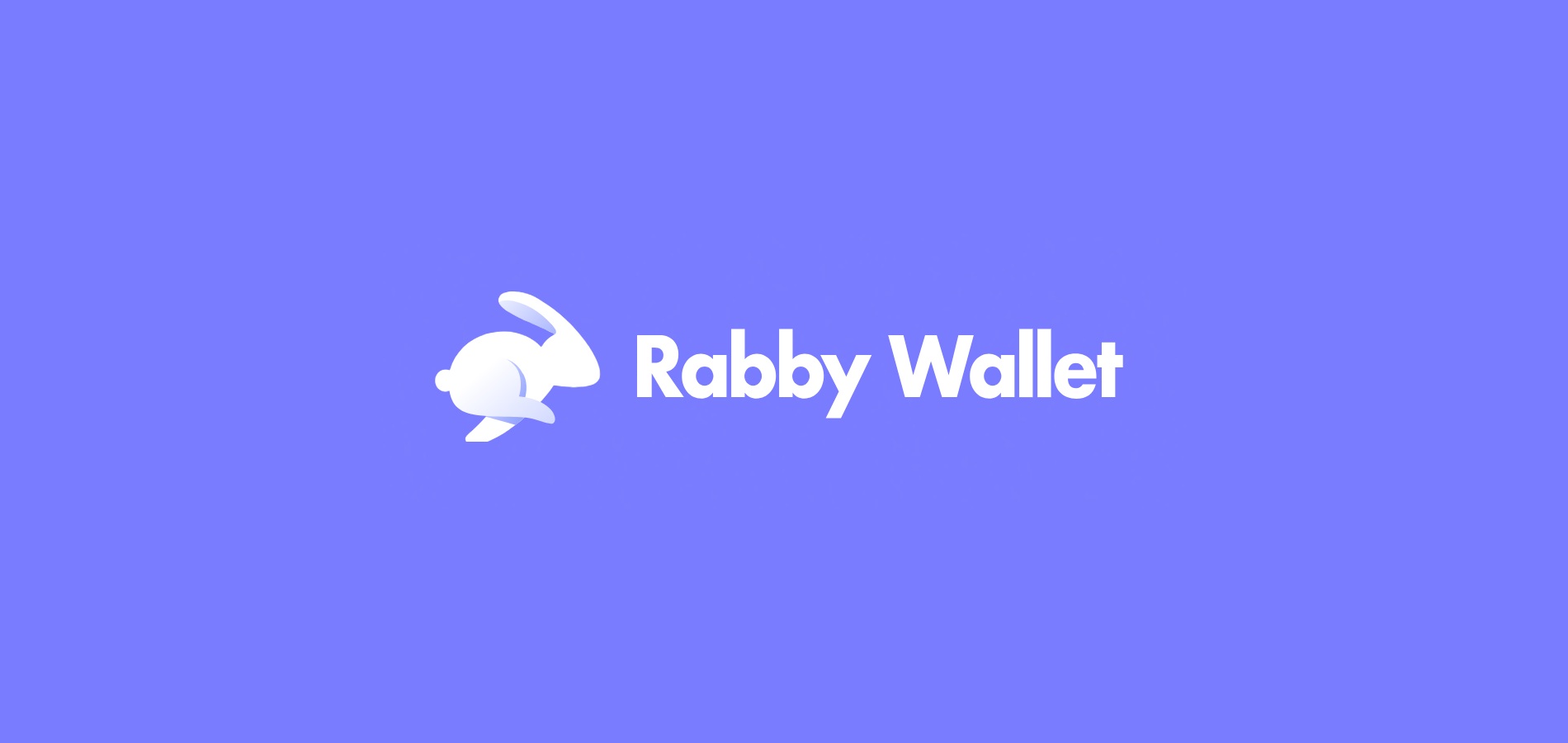Why Gas Optimization and Token Approval Management Are Game-Changers for DeFi Security
Gas fees, right? They’ve become the bane of every DeFi user’s existence. Seriously, watching those tiny numbers add up on Ethereum or other chains can be downright painful. But here’s the thing—beyond just the cost, how you manage token approvals and security settings can make or break your entire experience. I mean, you don’t want to wake up one day and find your funds vanished because you clicked “Approve” without a second thought.
At first, I thought gas optimization was mostly about saving a few bucks here and there—like tightening your belt during a shopping spree. But then I realized it’s way deeper. It’s about controlling risks and making your wallet smarter, not just cheaper. If you’re dabbling in DeFi across multiple chains, juggling approvals and fees feels like juggling flaming swords. (Yeah, risky.)
So, why should you even care? Well, token approvals essentially gatekeep what smart contracts can do with your tokens. If you give unlimited approval to a shady contract, you’re basically handing over the keys to your wallet. Oof. That’s where managing token approvals tightly becomes super important. And no, it’s not just paranoia—it’s plain common sense in this wild west of decentralized finance.
Wow! Okay, here’s a quick anecdote. I once approved a DeFi protocol on Ethereum without double-checking the contract address. Turned out it was a phishing scam. Thankfully, I caught it early, but that gut punch feeling stuck with me. That’s when I started hunting for tools that could help me monitor and revoke approvals effortlessly. That’s a whole other story.
Now, let me slow down and unpack gas optimization a bit more. Optimizing gas isn’t just about picking the lowest fee moment; it’s about structuring your transactions and approvals so you don’t get hit by unexpected spikes or redundant approvals. For example, batching approvals or using smart wallets that minimize on-chain interactions can save you from paying twice or thrice for the same action. It’s like packing your suitcase smartly for a trip—you don’t want to carry unnecessary weight.
Okay, so check this out—there’s this extension called rabby wallet that really caught my attention. It’s designed with multi-chain users in mind, and it’s got some neat features for managing token approvals and gas fees without making you feel like you need a PhD in blockchain tech to use it. I’m not sponsored or anything, but from a user standpoint, it’s one of the few that balances usability with security.
Token Approval Management: The Silent Guardian
Managing token approvals is like giving permission slips to smart contracts. Once given, these permissions can be exploited if the contract turns out malicious or compromised. Here’s where things get tricky: many users don’t realize that approvals can be unlimited by default, which means the contract can drain tokens without asking again. Seriously, it’s a ticking time bomb.
My instinct said that having a dashboard to monitor and revoke these approvals would be a lifesaver. And guess what? Tools integrated with rabby wallet allow exactly that—real-time visibility over your token permissions across chains. This is huge because otherwise, you’d have to dig deep into blockchain explorers or trust third-party sites that aren’t always reliable.
On one hand, you want convenience—quick approvals to jump on DeFi opportunities. On the other, you want control and security. Balancing these feels like walking a tightrope. But by setting approvals to minimal amounts or using “approve once and forget” cautiously, you minimize exposure. I’ll be honest, though: it’s not perfect. Sometimes you need to approve repeatedly, and that adds up in gas fees.
Here’s what bugs me about many wallets—they either bury approval controls deep in submenus or don’t support multi-chain token management well. That fragmentation forces you to switch tools constantly. The beauty of an extension like rabby wallet is that it consolidates this, making it easier to spot risky approvals and act fast. It’s a game-changer for active DeFi users.
Hmm… thinking about security, DeFi is a bit like the Wild West. There’s opportunity everywhere, but also scams lurking behind every corner. Beyond token approvals, gas optimization plays a security role too. If you’re overpaying gas fees, you might rush transactions just to beat the network congestion, which leads to mistakes. Or worse, you might fall for phishing scams disguised as urgent transaction requests.

Check this out—some wallets provide gas fee prediction and optimization that not only save money but also help avoid failed transactions, which can cost you double. Failed txs are like paying a cover charge to a club and getting turned away at the door—frustrating and costly.
Why Multi-Chain Support Matters in This Equation
Initially, I thought sticking to Ethereum was enough. But then I started exploring Binance Smart Chain, Polygon, and Avalanche. Each has its quirks, gas fee models, and approval risks. Managing all these manually became a nightmare. Seriously.
That’s where multi-chain wallets shine. They offer a unified interface to monitor and optimize approvals and gas across chains. It’s like having a personal assistant who knows all your appointments—except in this case, it’s your crypto permissions and fees.
Actually, wait—let me rephrase that. It’s more than just convenience. Multi-chain support reduces human error, which in DeFi can be costly. By seeing all approvals in one place, you can spot oddities quickly—for example, an approval you forgot about on a less-used chain.
Here’s an honest caveat: no tool is foolproof. The crypto space evolves fast, and sometimes new attack vectors emerge before wallets can patch them. That’s why continuous vigilance is key, alongside using trusted tools like rabby wallet, which actively updates security features.
One last thought—gas optimization and approval management aren’t just about saving money or avoiding scams; they’re about peace of mind. Knowing your assets aren’t being silently siphoned off and that you’re not burning through gas fees unnecessarily lets you focus on what really matters—building your DeFi portfolio and exploring new protocols without constant worry.
So yeah, it’s a bit of a balancing act, but with the right tools and some attention to detail, you can turn that gas fee headache and approval anxiety into manageable, even empowering parts of your DeFi journey.
Common Questions About Gas Optimization and Token Approvals
Why should I limit token approval amounts instead of giving unlimited access?
Limiting approvals reduces the risk of large unauthorized token transfers if the smart contract or platform is compromised. Unlimited approvals mean contracts can drain your entire balance without asking again. It’s safer to approve only what you need for a transaction.
Can gas optimization tools cause failed transactions?
If used incorrectly, yes. Some optimization tools suggest very low gas fees that might not be accepted by the network, leading to failed transactions. Using wallets with built-in prediction, like rabby wallet, helps balance cost and success rate.
Is multi-chain token approval management necessary if I only use Ethereum?
For Ethereum-only users, it’s less critical but still useful to monitor approvals to avoid unnecessary risks. If you plan to expand into other chains, having a multi-chain wallet ready saves hassle down the road.






Leave a Reply